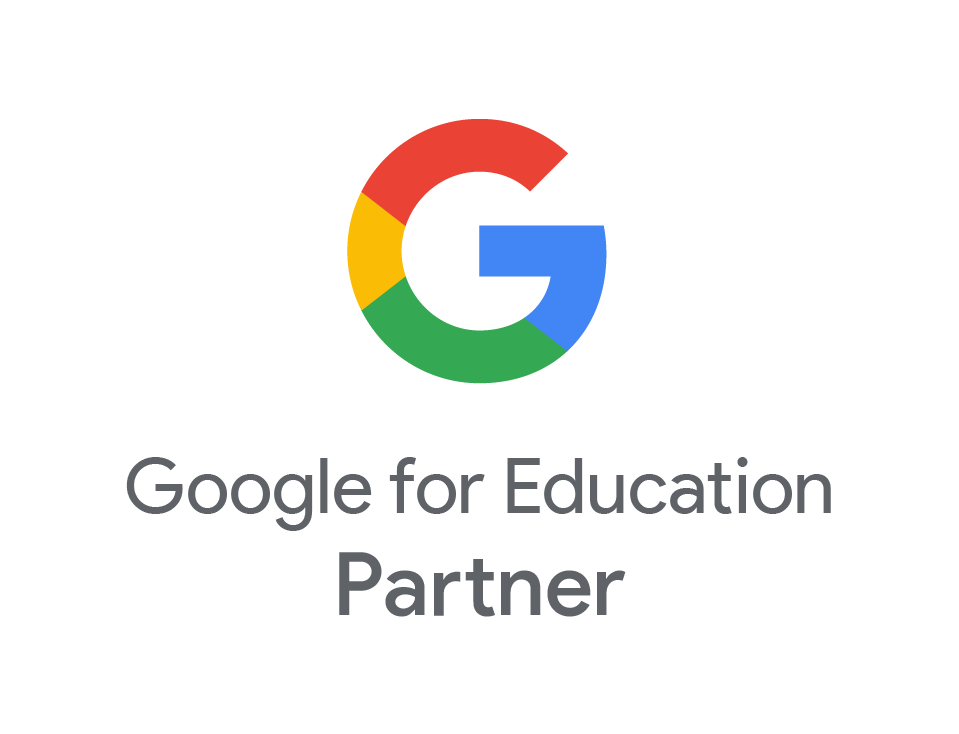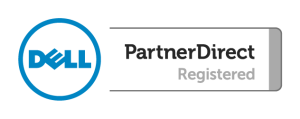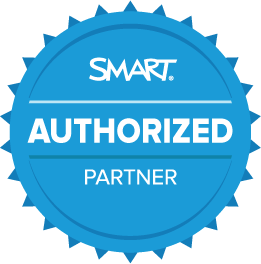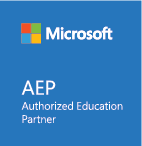Is Micro-Learning the Future of Professional Development?
- Oct
- 10

Between getting their classrooms ready, finalising lesson plans, and getting a head start learning all the incoming students’ names, teachers have a steep back-to-school ramp-up period. Throw in a gruelling, days-long professional development event and it’s likely to put them over the top.
But what if the £260 million the UK spends annually on staff development could be concentrated into short, digestible training for skills that educators would actually use in their day-to-day life?
That’s the goal of these micro-learning resources. They hyperfocus on the tech skills teachers need in our modern, hybrid learning-era classrooms.
Where Conventional Teacher Training Falls Short
Given how quickly teachers were expected to digitise the learning day, it’s understandable some of them may have different levels of comfort with the technologies that emerged.
The problem is that most professional development programmes were created pre-pandemic. They’re long, monotonous, and don’t reliably move the needle on the tech skills teachers need to be practising. Particularly if they’re going to be expected to help students improve their own digital literacy.
Is it really any surprise experts at Improving Teaching warn that only 45% of teachers believe their school’s professional development provision is helping them improve?
How Micro-Credentialing is Different
“A style of learning that is typically less than 3 minutes, content dense, and engaging, microlearning covers just one or two learning objectives. This style of learning comes in many formats including text, video and audio, or a combination of all three. Micro-learning can be incredibly powerful, providing concise, focussed and just-in-time content,” explains eLearning platform Academii.
And, because many of these micro-learning mini-lessons, like those in the Google Workspace Certification programme, are self-paced, teachers are better able to fit professional development into their already hectic back-to-school schedules.
It also gives educators ownership of what they learn and where they put their focus.
Some teachers may already understand the fundamentals of using Google Workspace, but want to finetune those skills with a bit of advanced practise. Others may be struggling with how to keep the creative spark ignited in remote learning environments. Just a few short hours spent on a handful of focused units could help them learn how digital tools can support creativity, promote students’ voices, and increase engagement.
Post-Certification Potential
Once educators earn their Educator Certifications, it opens up numerous more opportunities to share that knowledge with their academic communities.
The three most defined paths include becoming a:
- Certified Trainer. Certified Trainers empower educators to learn and use Google for Education products to make their classrooms more efficient, improve student outcomes, and foster leadership skills. The trainers themselves get an impressive addition to their resumes as well as a secondary income stream.
- Certified Coach. The Certified Coach program empowers instructional coaches to work 1:1 with educators and drive impactful technology use in their schools. Coaches get access to research-backed strategies and tools – so that new and veteran educators alike can transform instruction across every classroom.
- Certified Innovator. The Google for Education Certified Innovator Program recognises and supports top educators who are excited to grow professionally, advocate for impactful technology, and innovate to improve classrooms, schools, and local communities. This track helps educators launch unique passion projects using technology to solve challenges in education.
Educators instinctively know they need a particular set of tech skills to help students excel in a rapidly digital world. What’s less instinctive is which resources and training lessons are most essential from year to year. That’s where schools can help. By developing a rotating list of tools, they can help their educators master modern classroom concepts to drive digital and academic excellence.






